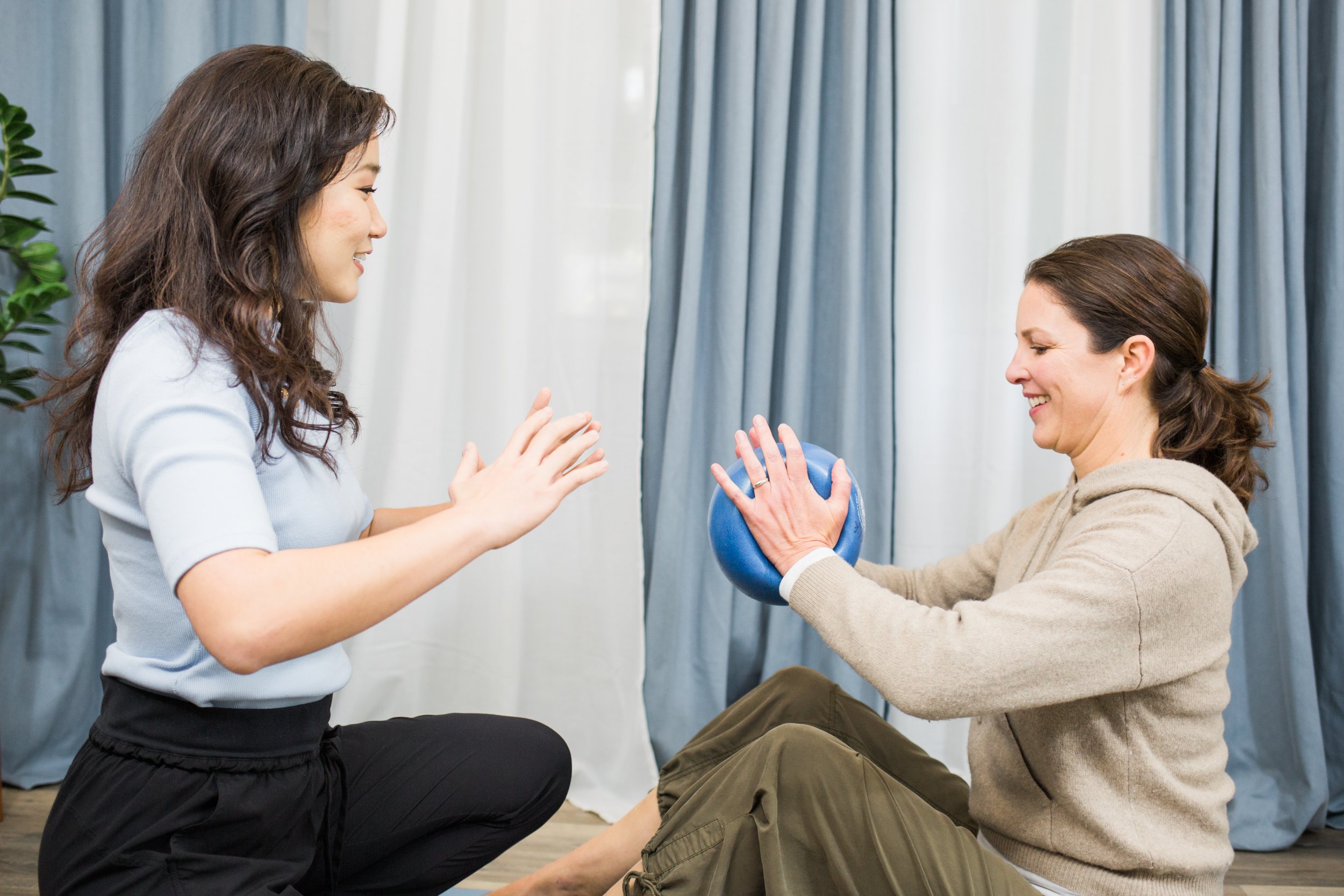
Pediatric Pelvic Health
About 20% of doctor visits for kids are because of problems controlling their bladder or bowels. The good news is that physical therapy, which doesn't involve surgery or medicine, is really good at helping with these issues.
Symptoms
Constipation
Nighttime bedwetting (nocturnal enuresis)
Daytime wetting
Stress incontinence
Overactive bladder
Urinary frequency/urgency
Urinary retention
Frequent Urinary Tract Infections
Vesicoureteral reflux
Bowel incontinence and/or inability to empty bowel
Fecal Urgency/Frequency
Constipation
Constipation is common in kids and can be related to trouble with peeing properly. It means they don't poop often or it's hard to poop, and they should be pooping at least once a day. It can be caused by different things like pain, diet, being sick, traveling, or not having good bathroom habits. Sometimes kids avoid pooping to not interrupt what they're doing. Constipation can be connected to bladder problems, and adults who are constipated often had the same issue as kids.
What is bladder voiding?
Bladder voiding dysfunction means kids might have trouble controlling their bladder because it's not fully developed. This can happen even after they're potty trained. Kids might not want to stop playing to go to the bathroom, so they hold their pee too long. This can cause problems like not being able to tell when their bladder is full, wetting themselves during the day or at night, feeling like they need to pee a lot, and getting bladder infections.
How we can help
Pelvic floor physical therapy helps kids with these peeing problems. A key part is biofeedback, where stickers are put on the kid and connected to a monitor. This lets the therapist see how the pelvic floor muscles are working and give advice. It helps kids control these muscles better.
For constipation, biofeedback also teaches kids the right way to push and relax their pelvic muscles. They learn breathing techniques, sometimes by blowing bubbles, to get better control of these muscles.
Teaching kids about their bladder and bowels is important. They learn why they're having these problems, which helps them feel more in control and understand it's not just random. Therapists use games, books, and pictures to teach them about their bodies and talk about any behavior issues linked to their peeing problems.
Therapy usually starts with an evaluation and then regular appointments, lasting 30 minutes to an hour. A parent is always there, and kids might need several visits to fully deal with their peeing issues.

“This review is for Dr. Jess Fu. I have seen her three times so far and I feel that she has already helped me tremendously in a variety of issues from neck pain, weak core, pelvic pain and overactive bladder. Prior to seeing her, I had tried other strategies that would only result in flare up of these issues and within 2 weeks of our initial visit I could already see improvement. She is very knowledgeable and spent time to really understand the root cause of these issues. I highly recommend her.”
— Jenna N.
